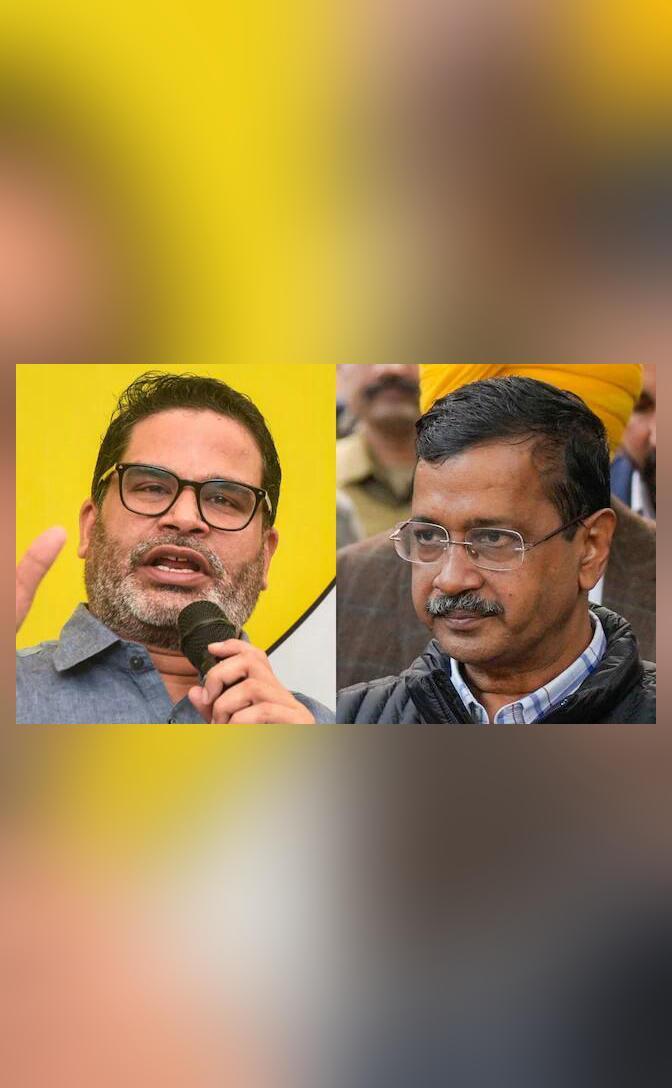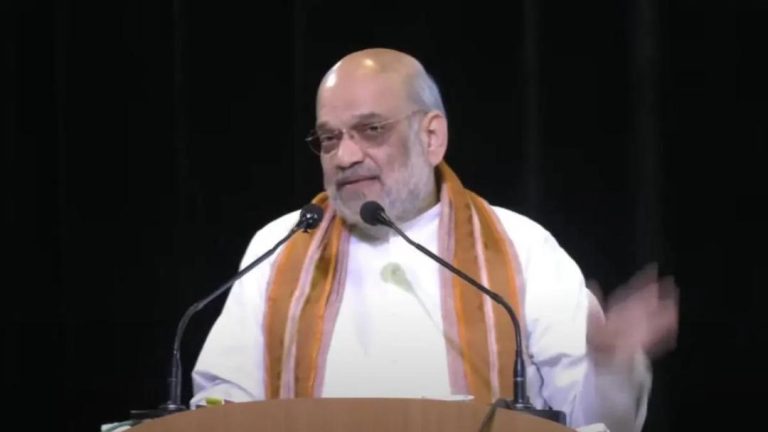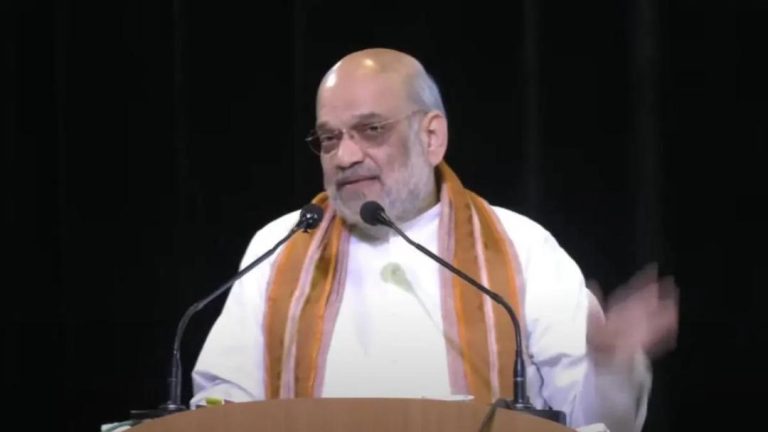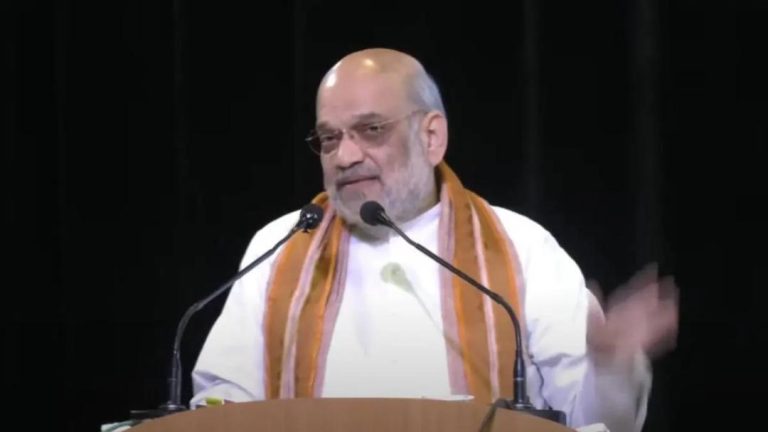
Prashant Kishor Lists Reasons Why Kejriwal & AAP Lost in Delhi Elections
The recent Delhi assembly elections saw the Aam Aadmi Party (AAP), led by Arvind Kejriwal, suffer a shocking defeat at the hands of the Bharatiya Janata Party (BJP). While many were left wondering what went wrong for the AAP, former political strategist Prashant Kishor has shed some light on the reasons behind their defeat.
In an interview with News18, Kishor, who has worked with various political parties, including the AAP, shared his insights on the factors that led to the downfall of the Kejriwal-led government. According to Kishor, Kejriwal’s decision to resign as Delhi Chief Minister after being granted bail in the liquor policy case was a “big strategic mistake”.
“Kejriwal should have resigned after his arrest, not after being granted bail,” Kishor said. “By resigning after bail, Kejriwal has sent a message that he is not willing to take responsibility for his actions.”
Kishor’s statement highlights the significance of Kejriwal’s decision to step down as Chief Minister. His resignation, which came just days after he was granted bail, was seen as a sign of weakness by many, and may have contributed to the AAP’s loss.
Another factor that Kishor attributed to the AAP’s defeat was the 10-year anti-incumbency factor. “AAP has been in power for 10 years, and people are looking for a change,” Kishor said. “The party’s mistakes and failures over the years have created an anti-incumbency factor, which was exploited by the BJP.”
Kishor also pointed out that Kejriwal’s fluctuating stance on joining and exiting the INDI Alliance “hurt his credibility”. “Kejriwal’s decisions on the INDI Alliance were confusing and hurt his credibility,” Kishor said. “The people of Delhi are looking for a leader who is stable and consistent, and Kejriwal’s actions did not fit the bill.”
The INDI Alliance, which was formed by Kejriwal’s rival, Congress leader Ajay Maken, aimed to take on the AAP in the Delhi elections. Kejriwal’s decision to join the alliance, only to exit it later, was seen as a sign of indecision and may have contributed to the AAP’s loss.
Kishor also attributed the AAP’s defeat to the party’s failure to address the issues that mattered most to the people of Delhi. “AAP’s campaign focussed too much on its achievements and not enough on the issues that people care about,” Kishor said. “The party should have focused more on issues like healthcare, education, and employment, which are the top priorities for the people of Delhi.”
The AAP’s campaign, which was marred by controversies and gaffes, failed to resonate with the people of Delhi. The party’s promise of freebies and sops, while popular in the past, seemed out of touch with the changing times and the aspirations of the people.
Kishor’s assessment of the AAP’s defeat is a harsh critique of the party’s strategy and leadership. His comments highlight the need for the AAP to re-evaluate its approach and focus on the issues that matter most to the people of Delhi.
In conclusion, Prashant Kishor’s analysis of the AAP’s defeat in the Delhi elections provides valuable insights into the factors that contributed to their loss. From Kejriwal’s decision to resign as Chief Minister to the party’s failure to address the issues that mattered most, there are several lessons that the AAP can learn from their defeat.
As the party looks to regroup and refocus, they would do well to heed Kishor’s advice and take a hard look at their strategy and leadership. By doing so, they may be able to learn from their mistakes and emerge stronger in the future.






